Completed Projects
Since 1995, sfs has carried out more than 50 European projects, mostly funded by the European Commission, with partners from almost all member states of the European Union. Basic and, in particular, application-oriented research, consulting and transfer projects have been carried out in a wide range of economic sectors from industry and services, the public and private sectors, in close networking and in cooperation structures with a wide variety of partners at European and international level: with scientific institutions, industry and social partners, with large, medium-sized and small companies as well as with consulting firms, educational and training institutions, non-governmental and governmental institutions, experts from the field and other stakeholders.
This overview lists selected projects since 2017.
SIMPACT
SIMPACT advances understanding of the economic dimensions of social innovation and creates new concepts, models, and tools for policymakers, innovators, investors, and intermediaries.
CASI
The project’s main objective will be to develop a methodological framework for assessing sustainable innovation and managing multi-disciplinary solutions through public engagement
SI-DRIVE
The SI DRIVE project will pull theory and praxis of Social Innovation together by proposing both a European and global mapping of social innovation practices, based on a coherent methodology, and the development of the empirically tested foundations of social innovation, conceptualised as a means to empower people, reduce poverty gaps and influence on-going societal changes towards ‘smart, sustainable and inclusive growth.
I-LINC
The project will create a European stakeholder platform with resources and networking for anyone working in the field of inclusion, young people, education and jobs with a focus on ICT (for) learning.
MAKE-IT
MAKE-IT studies how Collective Awareness Platforms (CAPs) support and stimulate maker communities and the impacts this is having and is likely to have in the future across society.
Social Innovation Community
Taking areas of known social innovation activity - which we’ve organised around ‘social innovation networks’ - SIC will strengthen, connect and grow existing social innovation communities - including public sector innovation, digital social innovation, intermediaries, social economy actors and more.
ROBOHARSH
ROBOHARSH is combining technological innovation with a social innovation process by installing a robotic cell in the steel shop supporting technical personnel in the control of the tap hole, replacing the sliding gate and related refractory material at the bottom of the ladle.
COCOP
The vision of the COCOP project is: Complex process industry plants are op-timally run by the operators with the guidance of a coordinating, real-time optimisation system. COCOP will combine the technological development with a social innovation process of co-creation and co-development.
Students for Change
The main objective of the project Students for Change is to develop a pedagogical method for Higher Education Institutions (HEI) feasible and desirable in Latin American context, to teach and train university entrepreneurs with the necessary skills and knowledge to be active players implementing social innovations. This pedagogical method hopes to position HEIs as active actors in regional development.
JobActEurope
JobAct Europe combines theater pedagogy with social work and allows the improvement of the social situation and the labour market opportunities of disadvantaged groups in society.
SIKE
“Social Innovation through Knowledge Exchange” (SIKE) demonstrates the potential of universities to use their knowledge in order to affect social change in a direct and meaningful way. The project is doing so by developing new paradigms and tools for knowledge exchange practice that embrace social innovation, encourage social entrepreneurship and offer more effective support to local communities. The partners – leading socially innovative universities and experienced social innovation drivers – are working together to create an ecosystem that nurtures and supports sustainable, resilient and responsible innovation.
DAGS
The aim of the research project is to analyze the connections between digitization, work and gender relations. The focus is on analyzing workflows, design processes and the use of digital technologies in case processing.
SISCODE
SISCODE aims at stimulating the use of co-creation in policy design, using bottom-design-driven methodologies to pollinate Responsible Research and Innovation (RRI), and Science Technology and Innovation (STI) Policies.
Athene 4.0
Athene 4.0 will contribute to digitisation of craft sector by developing a service platform. The platform will be used for internal order processing and communication with customers and between different trades.
iResilience
The project team members work together with local stakeholders to develop innovative solutions to the complex and dynamic challenges of climate change and sustainable development and test these solutions in living labs.
BEYOND 4.0
BEYOND4.0 aims to help deliver an inclusive European future by examining the impact of the new technologies on the future of jobs, business models and welfare. We use a multidisciplinary research approach.

ESSA
ESSA is realizing an industry driven, sustainable and coordinated blueprint for a European Steel Skills Agenda. A Blueprint strategy for human capital development through a Sector Skills Alliance (SSA) is delivered within a social innovation process involving a broad range of key stakeholders of the steel industry: companies, education and training providers, research institutions, social partners (European and national steel associations and trade unions) as well as sector experts).

Evolving Regions
Integrated adaptation to climate change is to be broadly strengthened in NRW with the Evolving Regions (formerly LIRCA) project funded under the EU LIFE programme. The aim is to test an open concept in practice, which will be applied in seven NRW regions and one region in the Netherlands, so that it can then be established as a standard for regional and integrated climate adaptation in NRW and Europe.
eLLa4.0
The project eLLa4.0 enables executive leaders to shape and manage sociodigital systems by developing interaction competence and enable them to exploit the potentials of digitisation for excellent labour.
VISITS
In cooperation with the Social Research Centre Dortmund and the Chair of Enterprise Logistics (LFO) at TU Dortmund University, the project "Networking and Interaction Work in Smart Technical Services (VISITS)" has been launched, which is funded by the BMBF for three years in the context of the R&D programme "Future of Work: Working on and with People".
ProPolis
The aim of the funding measure “Urban Climate Under Change 2” is to further develop the PALM-4U model developed in the first phase into a practical model and to convert it into operational service. PALM-4U should be able to support the daily work routines in municipal urban planning and thus help to take aspects of climate change into account. This will be achieved by PALM-4U answering current and future questions regarding urban climate for a climate change-adapted housing and open space development.
ARTE
ARTE combines theater pedagogy with social work and entrepreneurship training and allows the improvement of the social situation and the labour market opportunities of young adults in Mediterranean Europe.
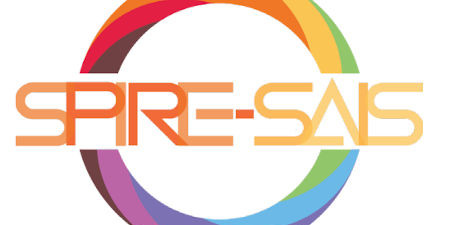
SPIRE-SAIS
SPIRE-SAIS is developing the blueprint “European Energy Intensive Industry Skills Agenda and Strategy” for an ongoing and short-termed implementation of new skills demands concerning cross-sectoral industrial symbiosis (IS) and energy efficiency in the eight sectors of the public-private-partnership SPIRE (Sustainable Process Industry through Resource and Energy Efficiency): steel, chemicals, cement, non-ferrous metals, water, minerals, engineering, and ceramics.
RespectWork
Using the retail sector as an example, the project explores the question of how interactions between employees and their customers can be designed to generate or promote mutual respect.
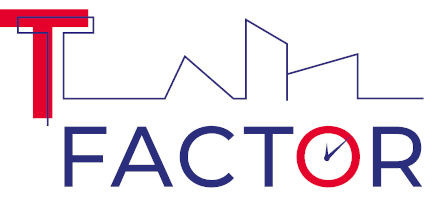
T-Factor
T-Factor demonstrates how heritage, culture and creativity can drive urban transformation with meanwhile uses in urban regeneration to unleash vibrant urban hubs for inclusivity, social innovation, and entrepreneurship.
CAUSA-A
The new project CAUSA-A, funded by the BMAS, investigates in an interdisciplinary team from a sociological and legal perspective, which new problems employees and OSH actors are confronted with, which support the companies need and which solution strategies could be found, especially with regard to special risk groups.
Ch@nge Ruhr
A cooperative project entitled "Ch@nge Ruhr" has been launched with the aim of sustainably strengthening the transformation and design skills of companies in the Ruhr region in the digital transformation.
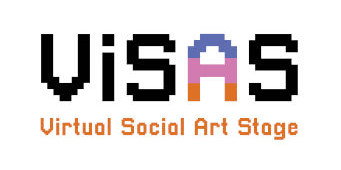
ViSAS
ViSAS pursues the aim of a transformation of artistic methods of youth work into the digital space on a European level. The transfer is intended to make youth work in Europe sustainable and innovative.
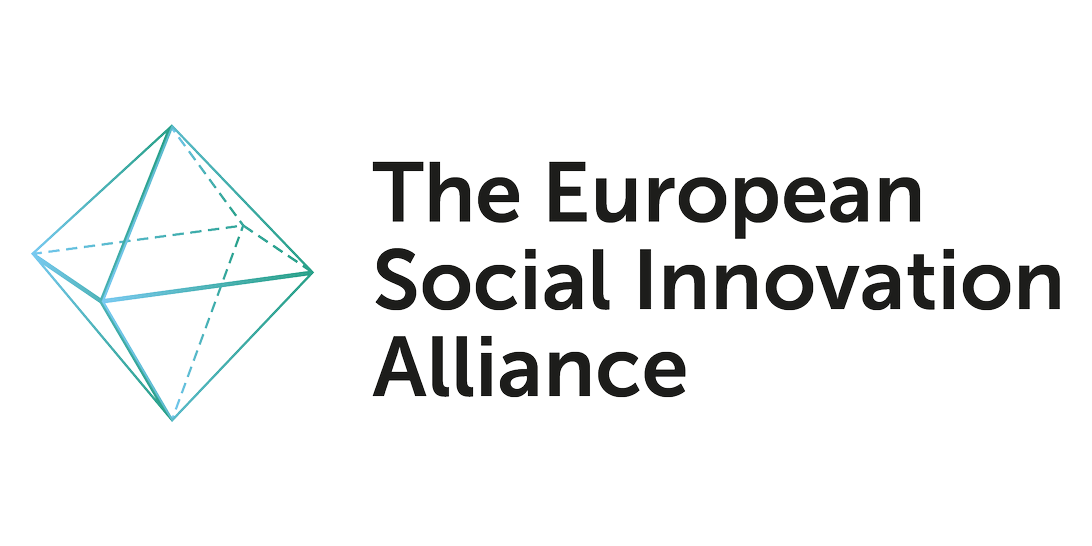
KoSI
KoSI is committed to develop framework conditions for social innovations and supports the implementation and establishment of innovative solutions.
Platform for Social Innovation
The platform is intended to provide information on the current status in the field of social innovations and to enable initial networking and empowerment of the actors in the ecosystem.
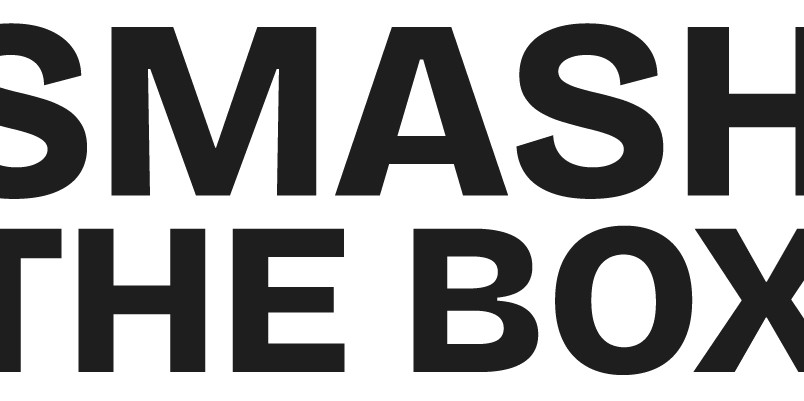
Smash the Box
The project Smash the Box-Challenge - Sustainable Logistics for Reusable Dishes in Dortmund sets up a student-led ideation and innovation process as well as a series of training workshops in the area of social innovation and social entrepreneurship using a particular societal challenge formulated by the municipality of Dortmund. The specific challenge addressed in the project focuses on the establishment of a sustainable logistics system for reusable dishes in gastronomy and catering in the city of Dortmund. To solve this challenge in an interdisciplinary manner, a competition for the best ideas will be launched university-wide, addressing students of all disciplines and levels of education including doctoral candidates.




![[Translate to English:] [Translate to English:]](/storages/zentraler_bilderpool/_processed_/a/f/csm_Kontakt_b86e8d8ecc.png)
![[Translate to English:] [Translate to English:]](/storages/sfs-sowi/_processed_/6/c/csm_Glasfront_sfs_Header_eae6d325d3.jpg)